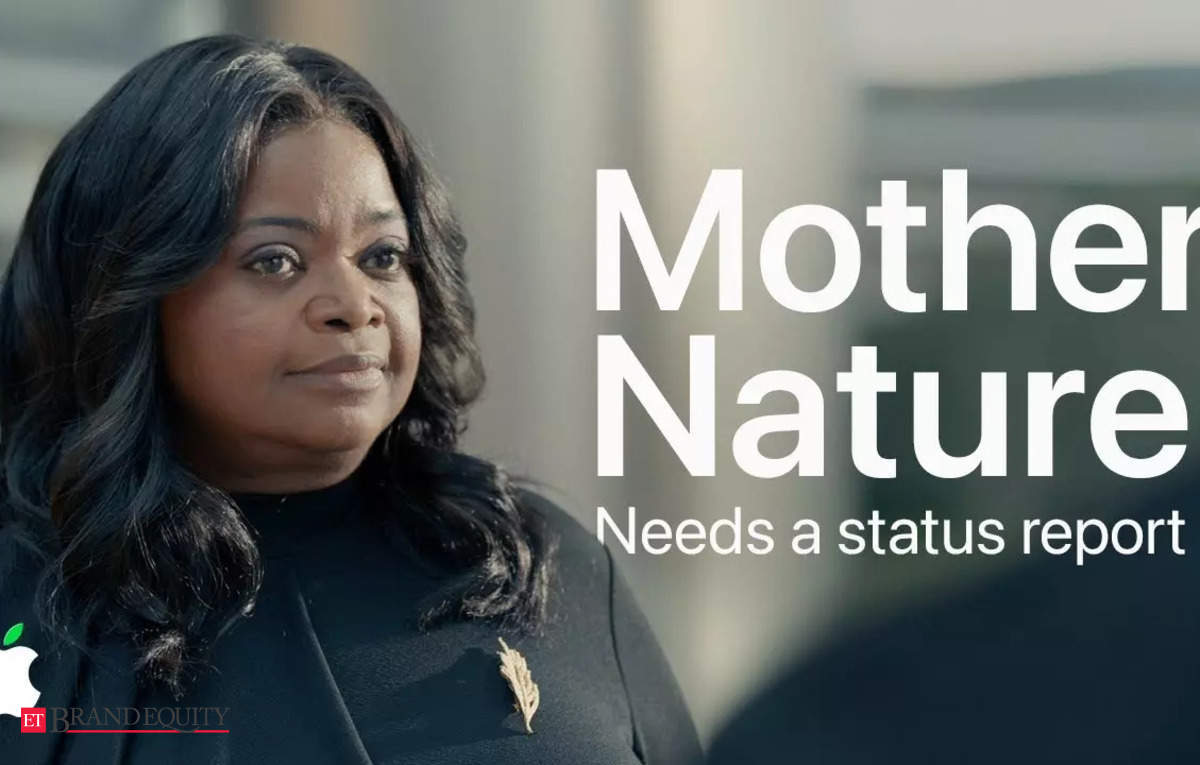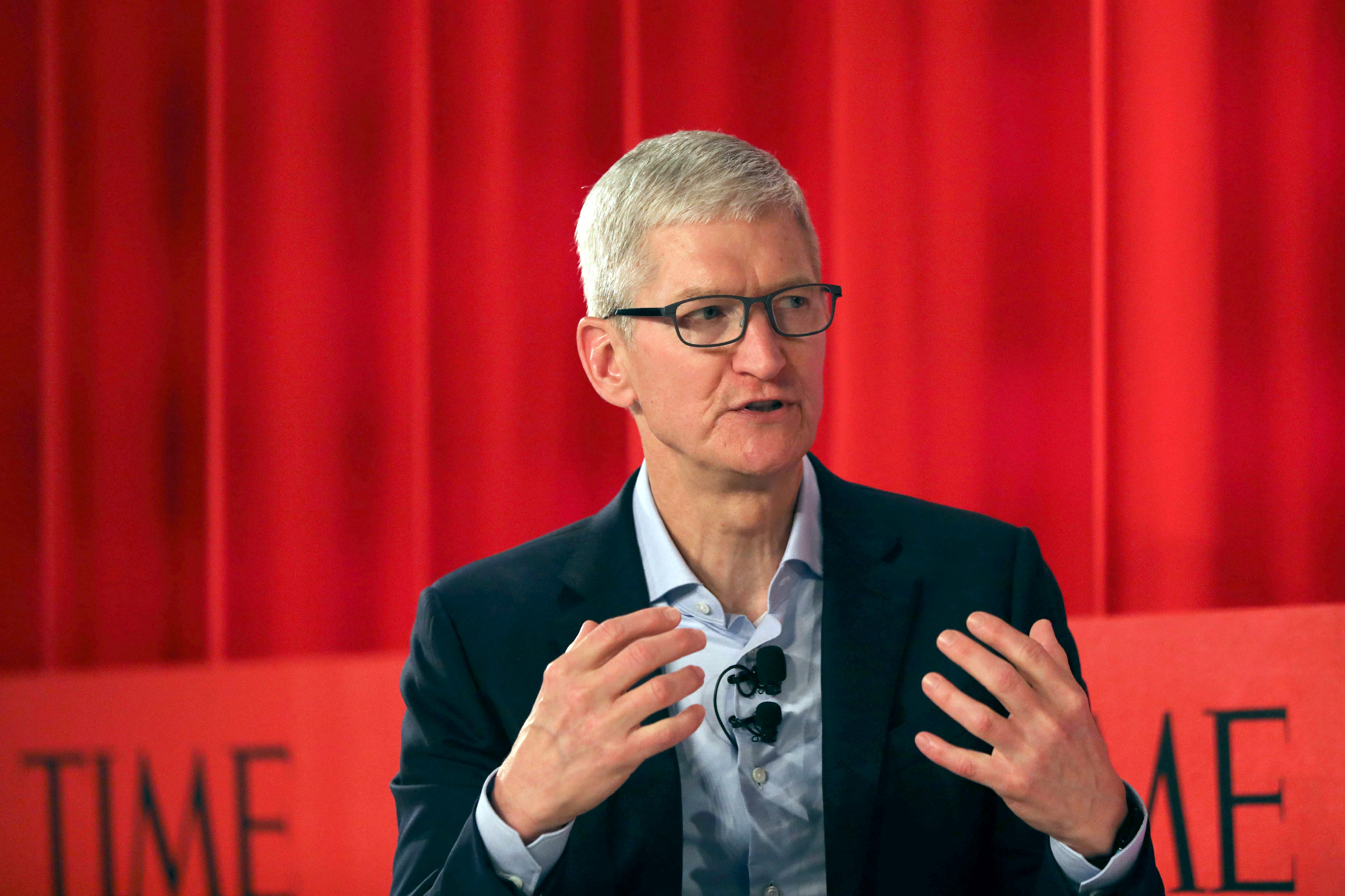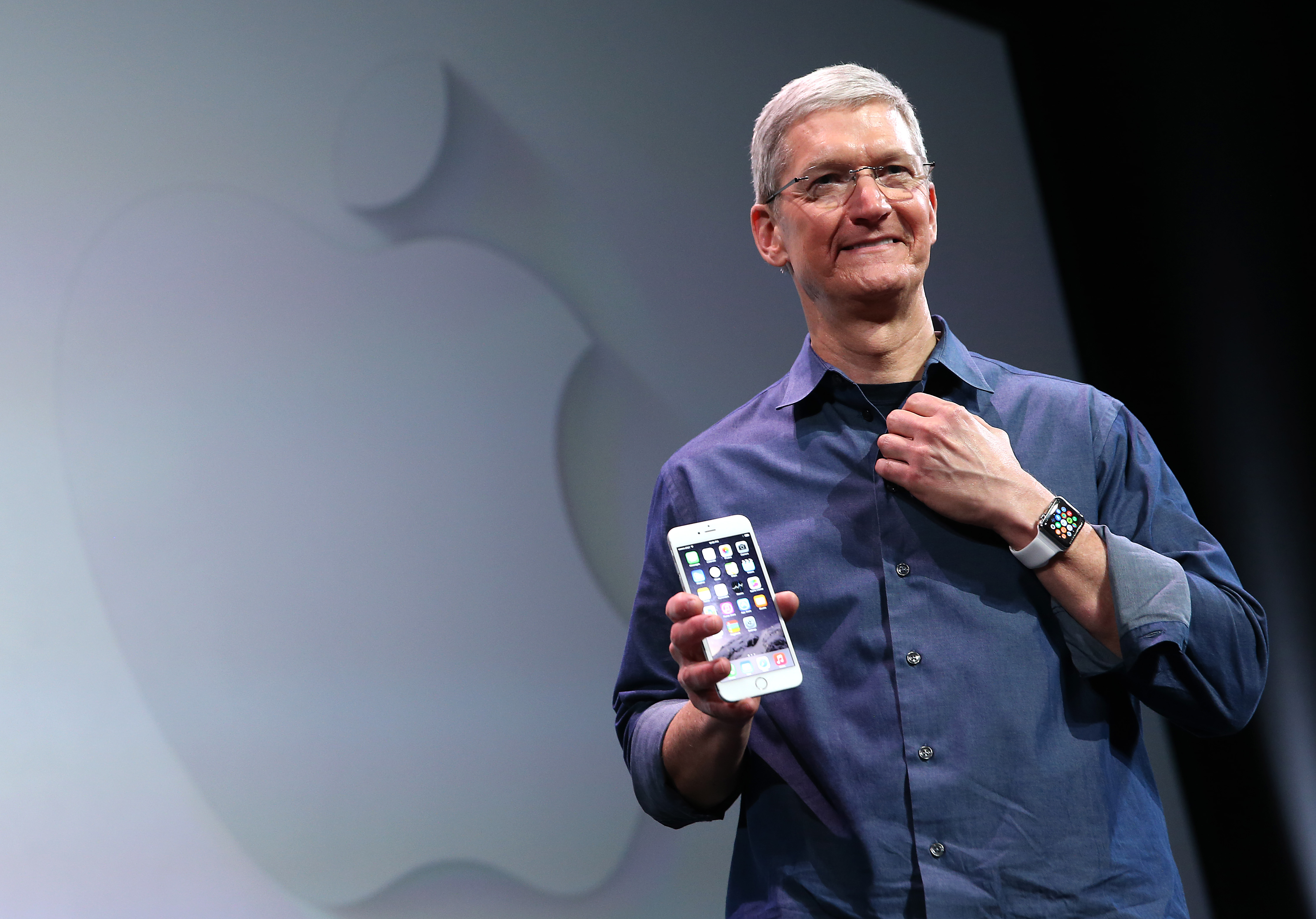

But it is Cook who has run the company since Jobs’s death, in 2011, Cook who has presided over the astronomical growth in the value of the stock, and Cook who is shaping the future of Apple today. For these achievements, Jobs, who cofounded Apple and spearheaded the development of most of its signature products, is worshipped like a god, and Jonathan Ive, Apple’s erstwhile design head, is worshipped like a demigod.

(At the time of writing, it’s worth more than £1.68 trillion at one moment last year, that number was £2.5 trillion, a figure roughly equal to the gross domestic product of the UK.)Īpple’s inventions – starting with 1976’s Apple I and 1977’s Apple II, and continuing through the iMac, the iPod, the iPhone, the iPad, the Apple Watch, and AirPods – have arguably done more to change the basic way that humans go through their day than those of any other company in the past 50 years. The overall sensation he attempts to impart is one of normalcy, of proportion, despite the fact that most days, Apple, which employs about 165,000 people, is the most valuable company in the world. Most days, he leaves the office at 6.30 or 7pm. He does this not to intimidate, though there is perhaps a standard, an expectation of those working for him, lurking there as well: “If something’s really shallow, you find that people can’t explain it very well.” Like Jobs once did, he sometimes takes meetings on the move, walking around the campus. “I’m curious, and I’m curious about how things work,” he says.

Regular meetings, different standing engagements with different parts of the company. “I try not to let the urgent take over the day,” Cook says. He is not a leader who is drawn to crisis or conflict, two climates his predecessor, Steve Jobs, seemed at times to thrive in.


 0 kommentar(er)
0 kommentar(er)
